-
1912
Established in 1912, as a small charitable 4-bedded maternity home on land donated by Sardar Moodliar. Much of the growth of the hospital was due to the incredible vision of Dr. Banoo Coyaji and her dedicated team of doctors including Dr. Vasant Pai, Dr. P. K. Bharucha, Dr. K. J. Coyaji, Dr. Anand Bhatia, Dr. Anand Pandit, Dr. Madhav Kale and Dr. F. F. Wadia.
-
1940
In the late 1940s, Dr. Banoo Coyaji and Shakuntala Paranjpe started a family planning clinic – then a subject that was taboo.
-
1942
Almost 22.5% of all registered births in Pune city took place at KEM Hospital, with an average of 1308 deliveries a year.
-
1944
Expanded to 40 beds for women, under the leadership of Dr. Banoo Coyaji, the Chief Medical Officer.
-
1954
The nursing school began with the adoption of 22 villages in Shirur Taluka and Vadru Budruk.
-
1967
Transformed in to a 200 bedded General Hospital with sub-specialties.
-
1968
The Department of Surgery was established and has since, evolved rapidly to be recognised as a tertiary level referral centre for various complicated and difficult surgeries.
-
1969
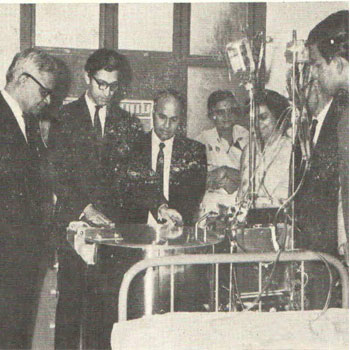
Established a Renal Unit, the first of its kind in Pune to offer dialysis services. The Dialysis Unit pioneered Nephrology as a specialty in Pune and for several years was the only one serving the city and surrounding areas.
As the hospital grew over the years, there was a felt need to house private beds. The A.H. Wadia Trust came forward with a generous donation, which enabled the building of the ground floor of the Nursing Home. Subsequently through the generous aid of individual donors as well as hospital funds, additional floors were added on.
The Department of Medicine was established with a single physician. Since then it has grown into a huge specialty with several super specialties under its umbrella.
-
1970
The early 1970s saw the establishment of an Intensive Care Unit (ICU), the first of its kind in the city. The then 2-bedded ICU has over the years grown into two Adult Units comprising of 45 beds. It is also the first centre in India, to be accredited by the WINFOCUS as an international training unit for critical care ultrasound.
-
1971
The first Paediatric Surgery Unit in Pune was established at KEM Hospital.
Plastic Surgery service was also established. -
1972
The Blood Bank was established, which was the first in Pune to provide exclusively voluntarily donated blood.
The KEM Hospital Research Centre was set up, which is an NGO whose mission is to conduct problem solving research in subjects which affect the life of common people, with an emphasis on women and children. -
1976
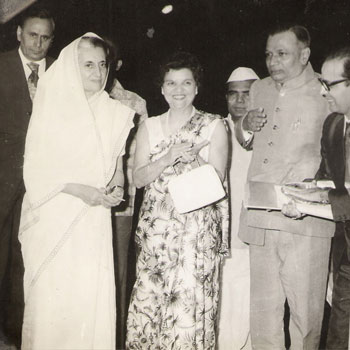
A modern five floor structure was built to commemorate the diamond jubilee of the hospital. Named the Diamond Jubilee Building, this was inaugurated by Prime Minister Indira Gandhi and housed the general beds of most departments as well as an expanded ICU and Dialysis Unit.
Dr. Kurus Coyaji started Pune’s first infertility clinic.
-
1977
Set up in 1977 by Dr. Anand Pandit, the Paediatric Department has grown by leaps and bounds and boasts many specialties, like Paediatric Gastroenterology, Paediatric Epilepsy, Paediatric Cardiology, Paediatric Hemato-Oncology and Paediatric Nephrology. The department has also been the pioneer in many research studies, such as, liver disease, high-risk follow up, lifestyle disorders and several vaccine trials.
-
1978
At Dr. Banoo Coyaji’s behest, the hospital set up its Department of Medical Social Work (MSW), one of the earliest in Maharashtra, to look into the problems faced by patients and their families. KEM Hospital was one of the first in Maharashtra where people with HIV were accepted and treated without any discrimination.
KEM Hospital set up a rural hospital, the Vadu Rural Health Program, which services the underprivileged, rural population in the Shirur block of Pune.
The ENT Surgery Unit was established. -
1979
The Paediatric Department inaugurated the path-breaking TDH Centre, with the aid of the Terre Des Hommes, Germany. It was the first centre for child development in India, offering comprehensive services under one roof for children with special needs.
-
1982
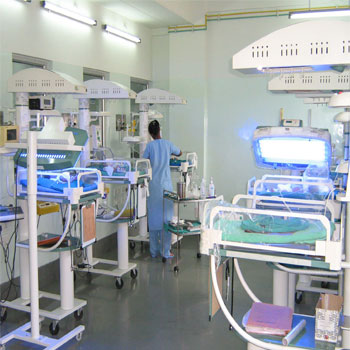
The Neonatal ICU (NICU) was established, which was the first of its kind in Pune. It has evolved into a state-of-the-art, Level III Tertiary Care Centre.
-
1983
The Department of Urology was established with independent out patients and operation theatre.
-
1984
The Department of Pathology was set up as a single room laboratory and has since then, grown exponentially into a state-of-the-art NABL accredited laboratory.
-
1985
KEM Hospital Pune established the first comprehensive Diabetes Unit in Western India.
-
1987 – 1989
The first blood bank in Pune to do component separation in 1987 and also the first in Pune to do HIV testing in 1989.
-
1991
The Renal Unit began performing kidney transplants and were the first in the state to start and promote laparoscopic donor nephrectomy, which later became the standard of care.
-
1993
Established the Diabetes Unit, which was the first dedicated diabetes centre in Western India
-
1997
The KEM Hospital Pune along with Ruby Hall Clinic, jointly performed the first deceased donor transplant in Pune
-
1997
The hospital grew to 550 beds.
-
2000
The Department of Obstetrics & Gynaecology set up the first High Risk Obstetrics Unit in Pune, providing care for high risk pregnancies.
The Paediatric Intensive Care Unit (PICU) was established this year as a 6 bed unit.
-
2005
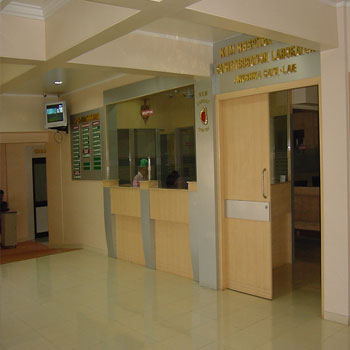
The Cardiovascular Surgery Department with a Cardiac Catherization Lab and a Cardiac Surgery suite was established. The JRD Tata Trust provided a munificent grant for the equipment of the Surgery Unit. In the first year of operation, over 1000 angiographies and 111 cardiac surgeries were performed.
-
2006
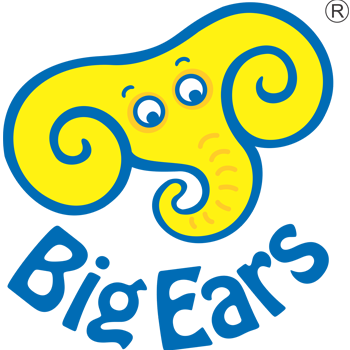
The special ‘BIG EARS’ project was added in 2006 and is housed in the TDH Rehabilitation Centre. It was the first of its kind in India with a focus on early detection, diagnosis and therapy of hearing loss.
-
2007
The first PET/CT facility in the city, was established by KEM Hospital’s SPECT-LAB.
The Healthcare Management Institute (HMI) started conducting a Postgraduate Diploma course in Hospital Management, affiliated to Pune University.
-
2009
Paediatric Emergency service is the first of its kind in Pune, with specialised services available round the clock in the Paediatric Emergency Room.
-
2012
he Hospital celebrated 100 years of existence. In 2012 alone, the hospital saw over 100,000 patients in its OPD and had over 32,000 in-patient admissions.
-
2019

The TDH Rehabilitation & Morris Child Development Centre had its 40th Anniversary.
Collaborated with Cipla Palliative Care and Training Centre (CPC) to start a free of cost Palliative Care OPD at KEM Hospital, Pune. The Renal Unit celebrated its 50th Anniversary.
-
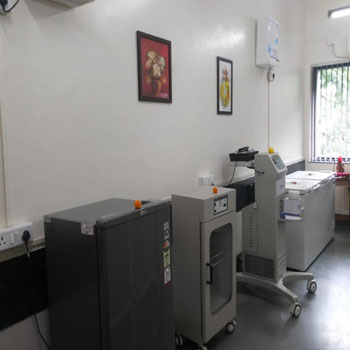
The Human Milk Bank (HMB), named Nectar was Inaugurated. Nectar has been set up in the NICU and established in association with the Rotary Club of Pune South.
-
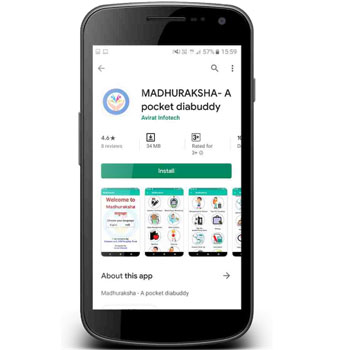
Diabetes Unit and Research Centre launched a new app called Madhuraksha – A pocket diabuddy, developed in-house. It serves as a ready reckoner for those with Type 1 diabetes and explains basic survival skills. It also provides various calculators for meal and insulin dose calculations to facilitate blood sugar control.
-
2020
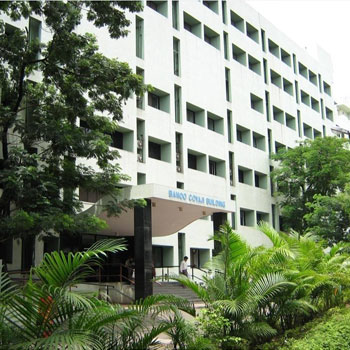
Over a century of commitment, hard work and vision has seen this four-bedded maternity dispensary grow into a thriving 550-bedded, multi-specialty, tertiary level teaching hospital with rural community outreach.
-
Future
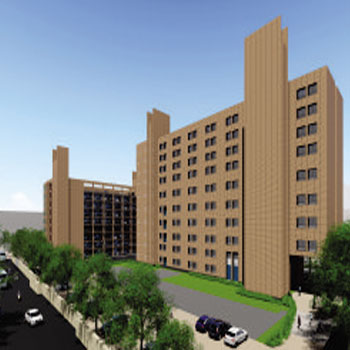
KEM hospital is constantly striving to achieve greater heights while remaining true to our vision of providing quality and ethics in patient care. Thus, the expansion of the hospital has been planned, with the new Centenary Building, to further enhance our ability to provide innovative, quality care to the communities we serve.




